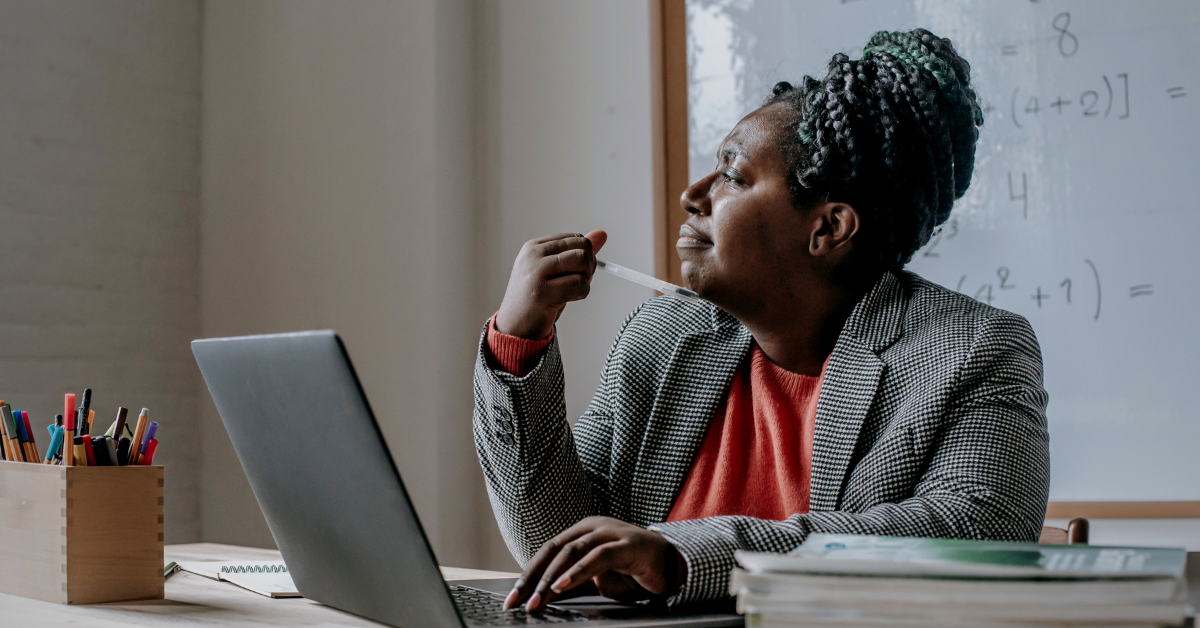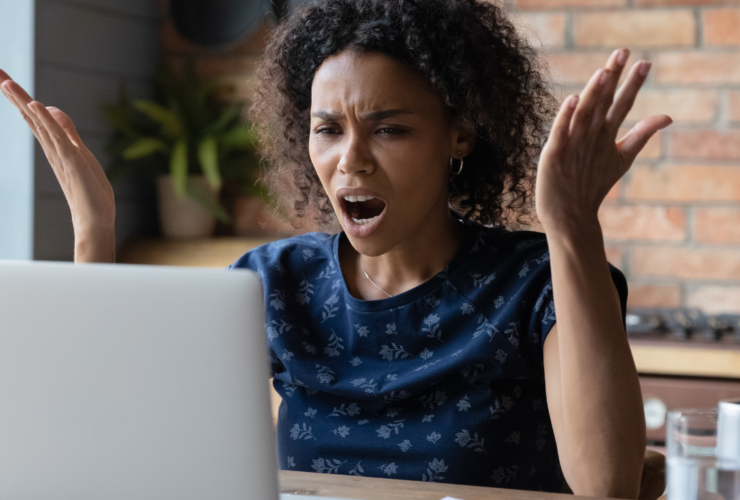How the corona pandemic sparked innovation that we can use beyond corona.
A fully online college year is almost over for universities. After all that online studying, many students yearn for a bit of physical education. But, the number of applications rose sharply during corona, making the - already full - universities even fuller. Now that the relaxations follow each other in rapid succession, the question arises: will it all still fit? Is hybrid education the future?
Is hybrid education the solution?
During the pandemic, (live) online education gained momentum. This can also manage the large influx of students. Universities will soon find that physical education is most important again, but online is here to stay. Especially now that a lot of knowledge has been gained about it during the pandemic. For one of the professors, teaching online was a disaster at first. "If you were teaching in a Zoom session, it was completely silent. You don't hear applause, laughter. You don't know if you need to speed up or slow down a bit. That takes so much energy to suck out of that image." This professor of the UvA Therefore, went to work with other teachers and a technical team to make the Hybrid Learning Theatre set up. And with success!

How does the Hybrid Learning Theatre work?
The Hybrid Learning Theatre is a hybrid education space in which some of the students are physically present, and some are online.
"There is a Zoom Wall, on which 100 participants can be projected for real-time interaction. Physically, there is room for 13 students. Through the cozy, theater-like setting, we create a sense of personal education. And working with three camera images, switching between them, makes it more dynamic for the students present online. But it's not just about the technology. Above all, the didactics and the support of the teacher are crucial to creating real interaction. All of this allows for active participation and discussions in the lecture hall and allows us to provide students with an engaging learning experience, no matter where they are in the world."
A fine effort to provide more interactive and better live online education to students that has not gone unseen. The UvA recently won a international award from the European University Information Systems organization for this initiative.
The critical note
The UvA wants to continue using this form of hybrid education beyond corona. However, the developer remains critical. He fears that lecturers will not speak freely because you don't know whether students will make recordings of sensitive information at home. "In a lecture setting, you talk about things you are still working on, ongoing research and political issues, for example, that don't need to be in the newspaper right away. You're less likely to do that if it's being recorded."
You can continue to teach in a hybrid form, you can do bits and pieces of large lectures online so that you have more teacher time for smaller groups, direct feedback and interactions. The key is actually to use these kinds of innovations to create more interaction on campus.
Back to the "old normal"?
According to sororities, there are some traditions that are better off never happening from a laptop. Freshmen have not yet been hazed and have never been able to stand at the bar. So that hazing will remain for a while. They will go back to "old normal" as soon as possible.
But, how close are we to getting back to the "old normal"? In higher education, that is still uncertain for the time being. The Minister of Education announced that educational institutions must take into account two scenarios for the coming academic year: education at 1.5 meters or abandoning the 1.5 meters.
Lisanne de Roos, president of the largest national student organization (ISO) in the Netherlands, puts it very nicely. "Online education should only be used when it serves the student, the teacher and the quality of education."
Want to know more about the added value of live online education, even after corona? We're hosting an online symposium about it on October 7! Sign up for the online symposium for free.
Sources: NOS, UvA




